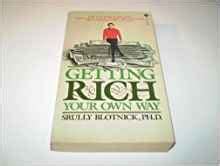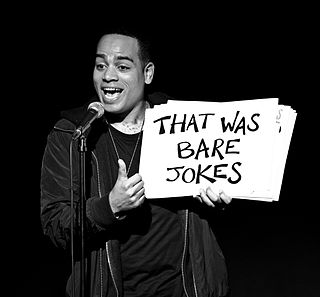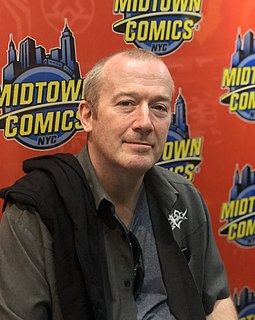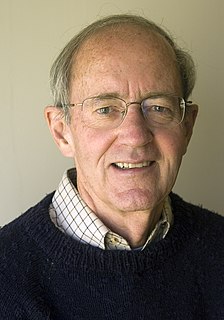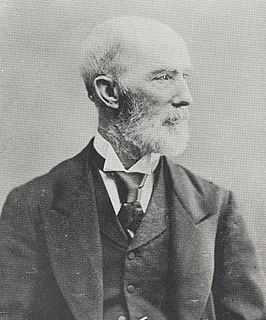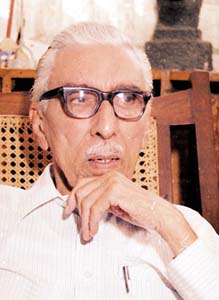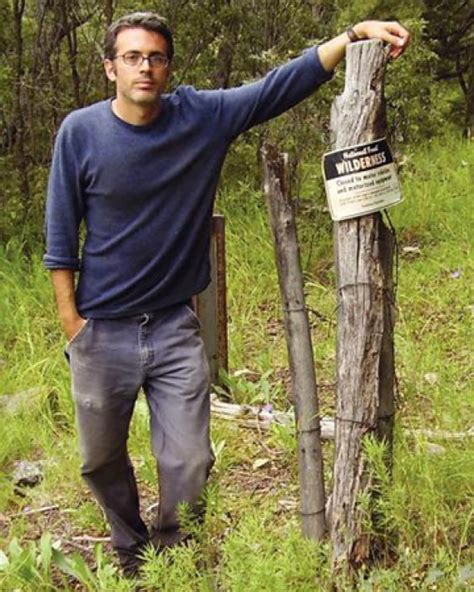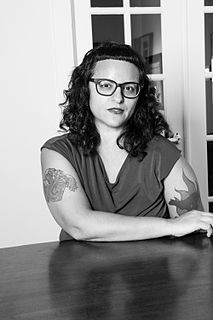A Quote by Scott Bradfield
For years (decades even), I genuinely believed that world would beat a path to my books and stories, but eventually, as everything I wrote went rapidly out of print and stayed there, I wised up and started assembling them in e-format editions...
Related Quotes
He would talk to them of stories and books, and explain to them how stories wanted to be told and books wanted to be read, and how everything that they ever needed to know about life and the land of which he wrote, or about any land or realm that they could imagine, was contained in books. And some of the children understood, and some did not.
I wrote my first screenplay on a lark, because it was a storytelling format that felt like a familiar shorthand - we all watch movies, don't we? But even though I grew up in Los Angeles, my family was entirely unconnected with the movie industry, and I never truly believed that it would one day be my fate.
I started out as an actor, but I forced myself to be a writer, even though I wasn't very good at it and had never written. I don't think I ever passed an English course in my life. My first eight to 10 scripts were pretty horrendous, but I stayed at it, stayed at it, and stayed at it, until I eventually found a voice and a subject like Rocky that people were interested in.
I always thought that digital first was a simplistic notion, and I am not even sure quite what it means. It should be stories first. Let's take the Paris story: the New York Times covered it all day, we held nothing back. Everything we learned, we published online. Then, when you approach your print deadline, you have to do two things. You have to polish those stories that are online because print is less forgiving of mistakes. Secondly, in an ideal world, you pick one thing that will feel fresh and compelling to people in the morning when they pick up the print paper.
My parents were only one part of my lineage. I also met a number of mentors, one of whom I nicknamed "Socrates" after the ancient Greek, and wrote about in my first book, Way of the Peaceful Warrior. That book emerged in 1980, as a result of travels around the world and decades of preparation, eventually leading to 15 other books written over the years, culminating in my newest offering, The Four Purposes of Life.
You write a book, it's out for however many years, and with the passing of time, you're not the same person. I'm not the same person I was when I wrote those books; I'm not even the same person I was when I started writing 'Beg.' I had many shifts spiritually, and one of them was in the use of language.









